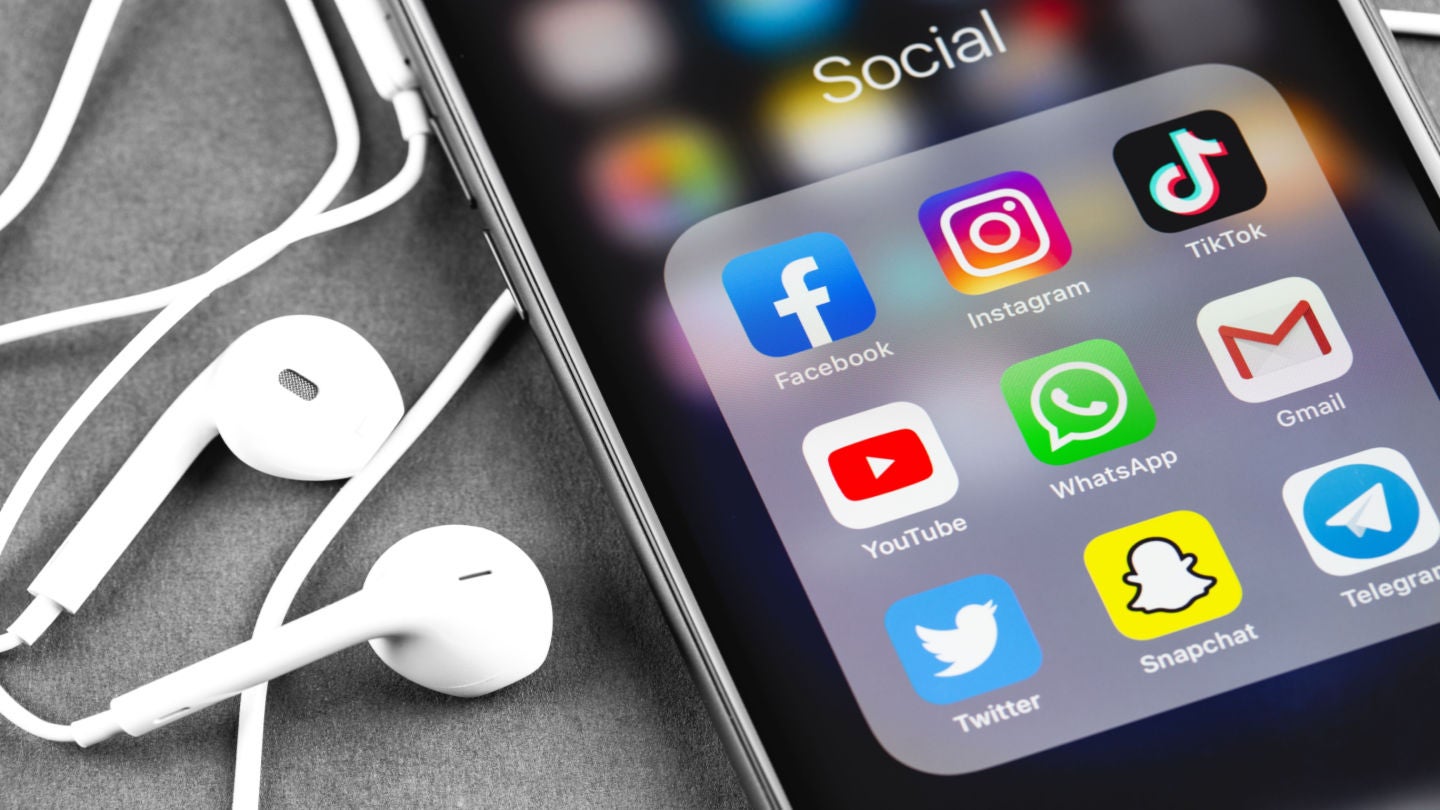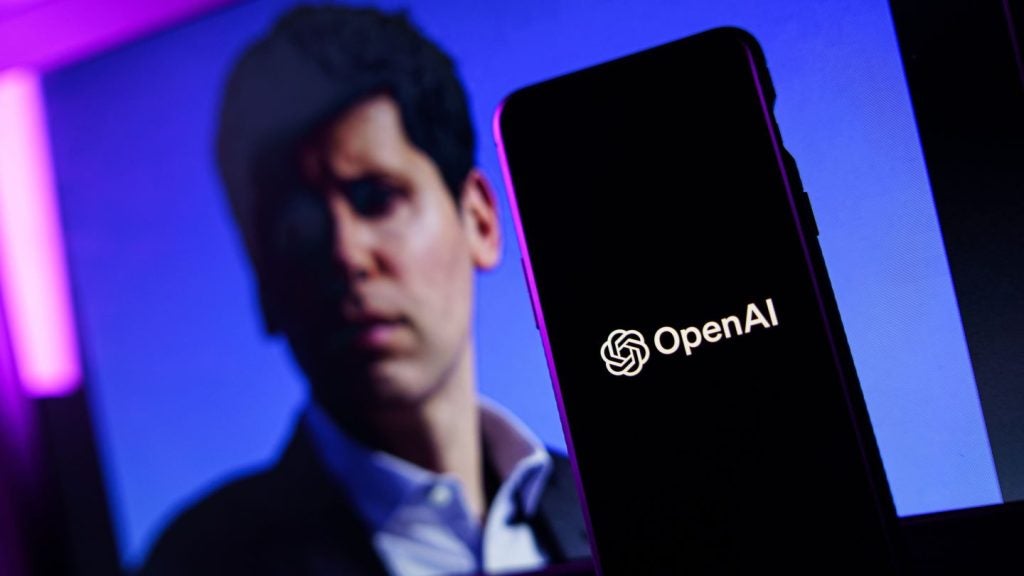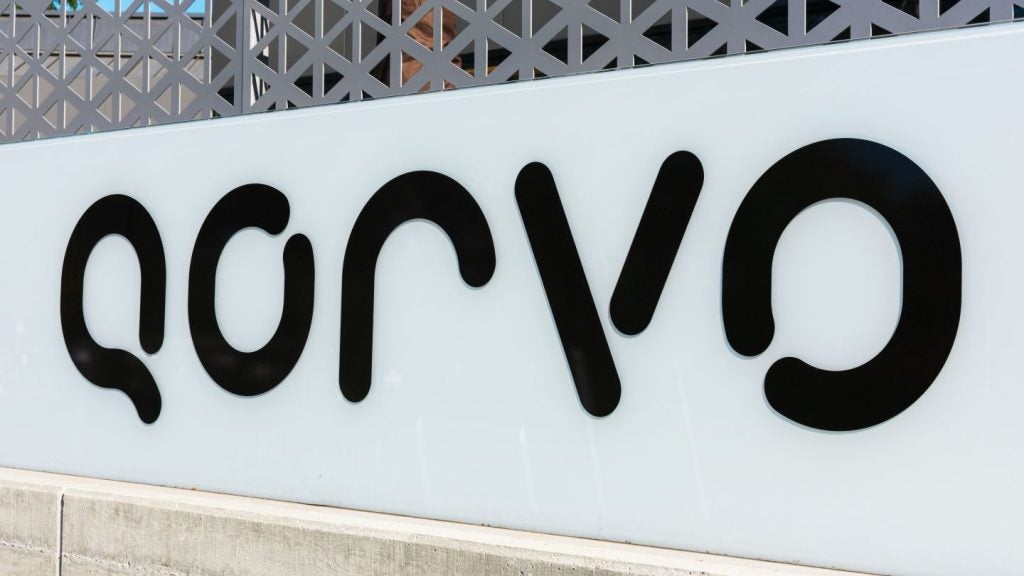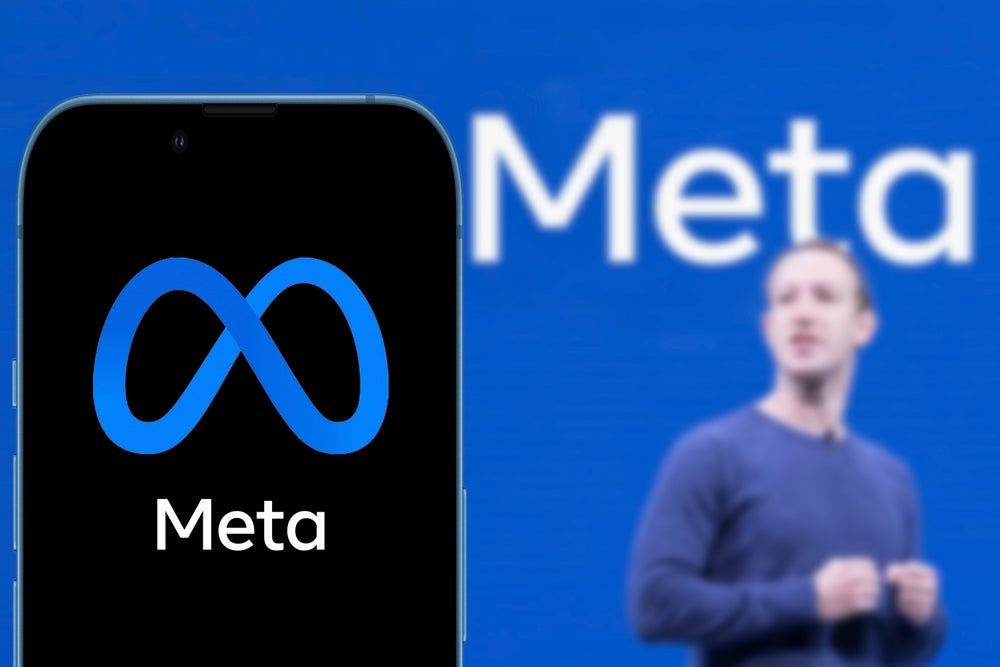On the morning of December 17, 2010, a Tunisian fruit and vegetable seller called Mohamed Bouazizi, sick of the state of affairs in his country and rampant police corruption, set himself on fire. It was the start of the Arab Spring, a series of pro-democracy and anti-government uprisings that led to the fall of governments in the Middle East and North Africa. Bouazizi’s story resonated with many and his story spread like wildfire across social media channels.
The general reaction in the West was one of optimism. But that soon developed into intrigue. Such a domino effect of governments falling in peacetime was unprecedented around the world, let alone in the Middle East and North Africa, where many regimes were monarchic or authoritarian.
Commentators around the world pointed to the impact of social media. In the early 2010s, Facebook was the social media of choice, and it played a huge role in several uprisings, notably In Tunisia and Egypt. It also had a small role in other uprisings, such as in Syria, Yemen, and Libya, but reduced internet availability neutered the ability of social media to accelerate political change. But in Tunisia and Egypt, 90% of those polled said they used Facebook to organize protests and disseminate their political message. Furthermore, across the Arab nations, social media users grew by 30% to 27.7 million in the first three months of 2011.
Facebook (and, to a lesser extent, Twitter) was deemed by many as an accelerator of positive public change. At the time, it was clear that social media was a disruptive tool, but it (mostly) led to the political change desired by the masses. Fast forward to the present day, and how people see social media impacting democracy has shifted significantly.
A changing narrative
Two interlinked events have changed this narrative. First, the January 6 attempted coup of the Capitol building in Washington D.C. by radicalized Donald Trump supporters. Second, the January 6-style attempted coup—which actually happened on January 4—by Bolsonaro supporters in Brazil. Social media played a large role in enabling both.
In the case of the former, the January 6 Congressional Committee’s report found that tech platforms (including Twitter) had ignored warnings from their employees regarding some of the violent rhetoric on the platform. Twitter employees reported being overwhelmed by social media posts with hashtags such as #ExecuteMikePence on the day of the attempted coup. The report details how Twitter safety team employee Anika Collier Navaroli was “one of a few people working” when this hashtag appeared and said that “we didn’t stand a chance [at deleting all the posts one by one]”.
How well do you really know your competitors?
Access the most comprehensive Company Profiles on the market, powered by GlobalData. Save hours of research. Gain competitive edge.

Thank you!
Your download email will arrive shortly
Not ready to buy yet? Download a free sample
We are confident about the unique quality of our Company Profiles. However, we want you to make the most beneficial decision for your business, so we offer a free sample that you can download by submitting the below form
By GlobalDataA congressional staffer noted that “The sum of this is that alt-tech, fringe, and mainstream platforms were exploited in tandem by right-wing activists to bring American democracy to the brink of ruin”.
Furthermore, in Brazil, pro-Bolsonaro hashtags were posted on Twitter, Facebook and TikTok saw a huge surge in searches for ‘rigged ballots’, and in-person events were organized through Telegram channels.
Social media is the fuel, not the fire
The dispersion of responsibility between social media companies often makes blame attribution more difficult, and policy rectification even harder. But the narrative is clear: Big Tech and social media are bad for democracy.
However, this conclusion is too simplistic. Social media is not inherently good or bad for democracy, but it acts as an extreme accelerator to the tides of change that can be set in motion by larger actors such as important individuals or the media. If these actors are anti-democratic, then their supporters will follow suit. For example, in the case of the January 6 attempted coup, social media amplified and accelerated tensions and anti-democratic beliefs that already existed within these far-right communities—but it is not solely to blame. Technology was used to spread misinformation before January 6, however, mainstream news such as Fox News repeatedly had guests who raised concerns about voter fraud and implied that the election result was not legitimate. So much so that voting machine company Dominion actually sued Fox News Corp in a $1.6 billion lawsuit for amplifying false claims about the election being rigged. Social media amplified these claims, many of which were made by then-President Donald Trump online and during speeches. The origin of election fraud was not Twitter, but rather Donald Trump himself, and senior members of his team. Understanding that social media is the fuel that can make the fire spread, but not the fire itself, is key to understanding the blame that should be attributed to social media companies. Social media companies must understand how their platforms enable information to spread to millions of people in a very short amount of time, and consequently should spend more money and time anticipating when a political wildfire is on the precipice of being ignited. The lack of crisis response, as evident in the January coup attempts in the US and Brazil, is a key part of the problem.
However, the problem is that many of these companies exist via an advertising model that is directly attributed to user engagement and view count. The more people on the platform, however outrageous and inflammatory the content, means the greater that the platform can charge advertisers. In many ways, political instability and controversy can be good for engagement, so every time this happens, the fuel is playing with the fire. Unfortunately, this too often leads to very negative consequences for all.







